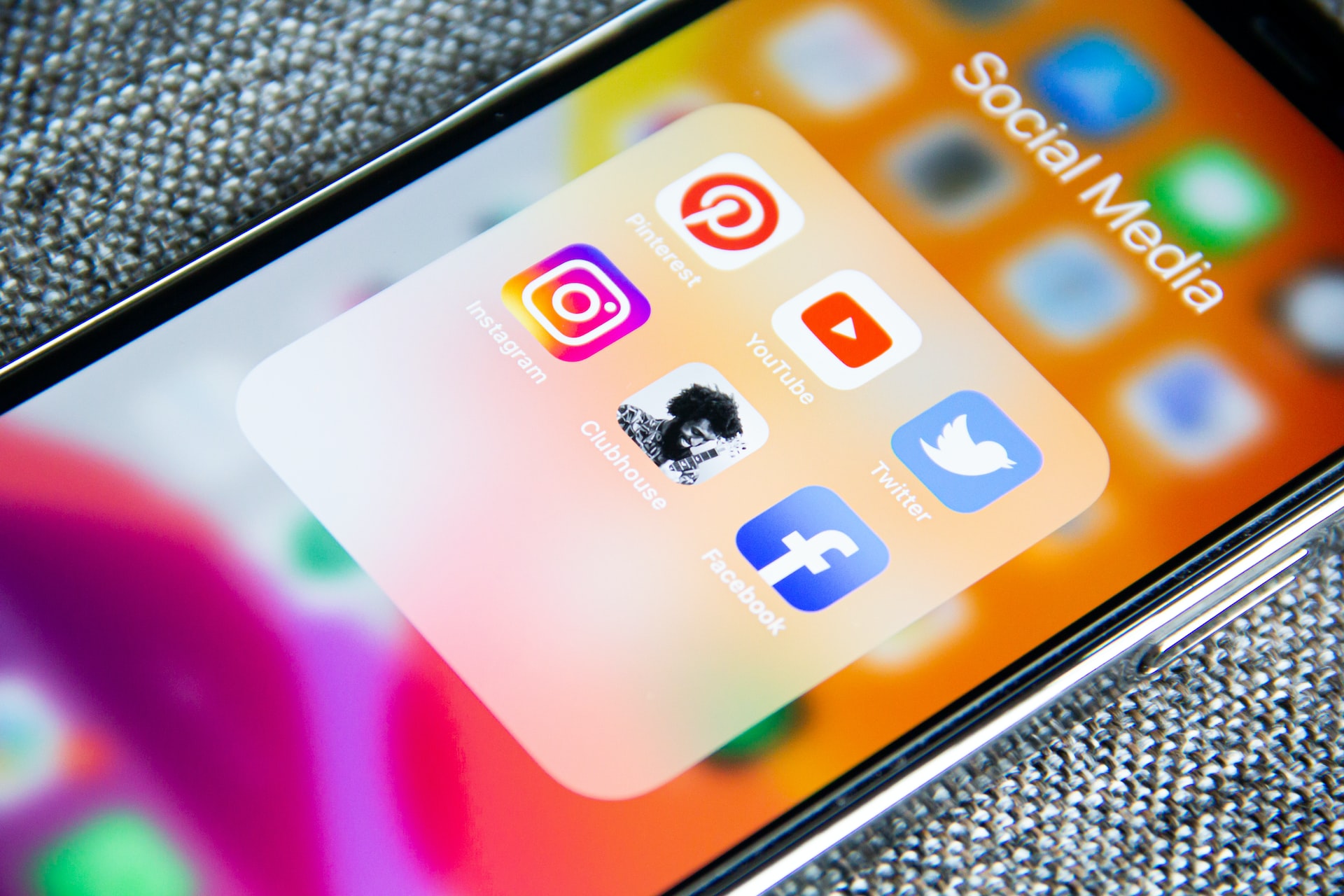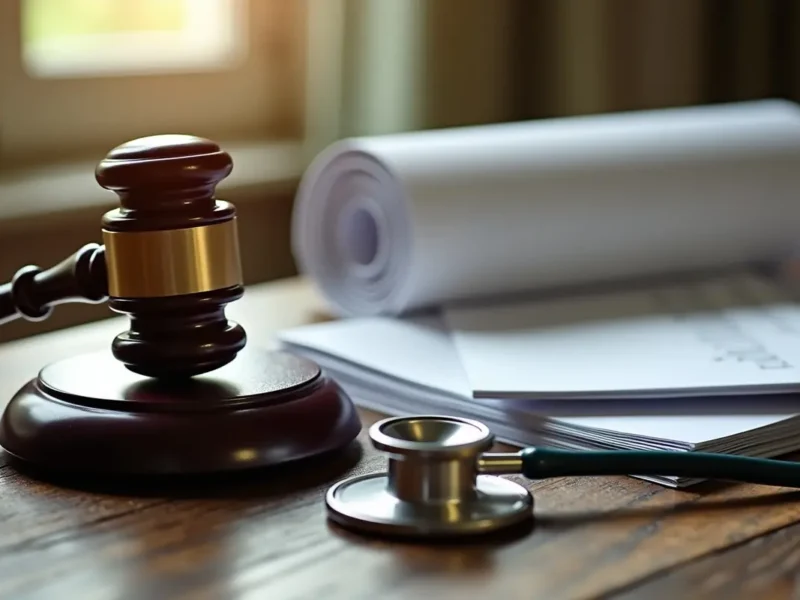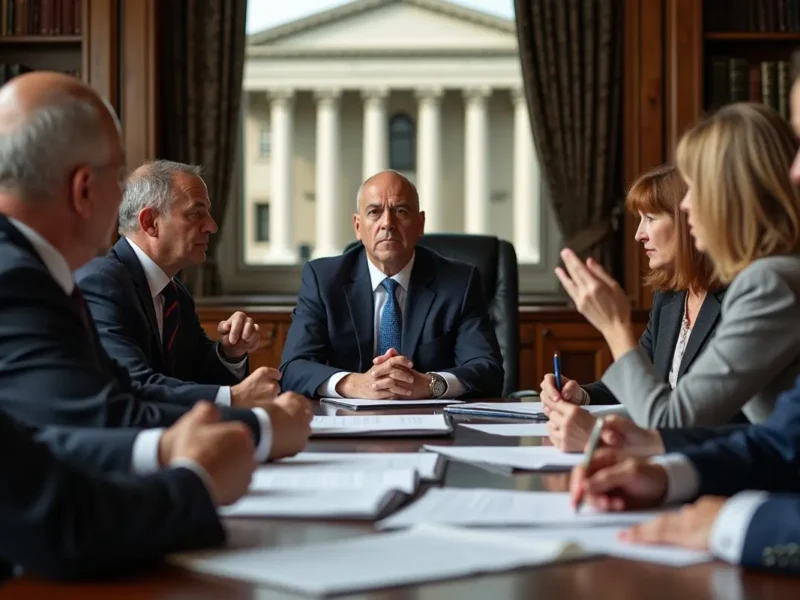With the increasing popularity of social media, it’s no wonder that our lives are more and more affected by what we see online. From friends’ posts about their amazing vacations to political rants, social media can have a huge impact on our day-to-day lives.
It’s important to be aware of these effects and take steps to protect our legal rights. In this article, we will discuss how social media affects our lives and legal ways to protect ourselves from its negative impacts.
Privacy
One of the biggest concerns with social media is privacy. When we post online, we are sharing personal information with the world. This can include our name, address, phone number, and even pictures. This information can be used by identity thieves to steal our money or our identity. It can also be used by stalkers or bullies to harass us.
To protect our privacy, it’s important to be careful about what information we share online. We should never post our full name, address, or phone number on a public website.
Namely, the professionals from TruLaw say that “It’s also a good idea to avoid posting pictures that include identifiable information, like your home address or school logo.
If you must post such pictures, be sure to crop out any identifying details.” We should also think twice before sharing pictures that might reveal personal information, like where we live or work.
If we are concerned about someone using our information to stalk or harass us, we can take steps to protect our online privacy, like using a pseudonym (a fake name) instead of our real name.
Free Speech
Another concern with social media is that it can be used to suppress our right to free speech. This is especially true for people who live in countries with repressive governments. In these countries, people can be arrested or even killed for speaking out against the government online.
Even in countries with more free speech rights, there are limits to what we can say online. For example, we can be sued for libel (making false statements that damage someone’s reputation) if we make false accusations about someone on social media. We can also be sued for defamation if we make true statements that damage someone’s reputation.
It’s crucial to safeguard our ability to express ourselves freely, so we must be aware of what is considered acceptable to say online. We should never deliberately spread lies about another person that could ruin their good name.
Additionally, even if a statement is true, it can still be libelous if it paints someone in a negative light and hurts their reputation–if we’re ever unsure whether or not something might defame another person, it’s best to run it by a lawyer knowledgable about the first amendment law before posting.
Mental health
Social media can also have a negative impact on our mental health. Studies have shown that spending too much time on social media can lead to feelings of isolation, envy, and anxiety. Additionally, seeing constant updates about other people’s lives can make us feel like our own lives are inadequate in comparison.
The impact of social media on our lives is still relatively new, and we are only just beginning to understand its implications. However, it’s clear that social media can have a significant impact on our day-to-day lives.
It’s important to be aware of these effects and take steps to protect our legal rights. In this article, we have discussed how social media affects our lives and legal ways to protect ourselves from its negative impacts.



